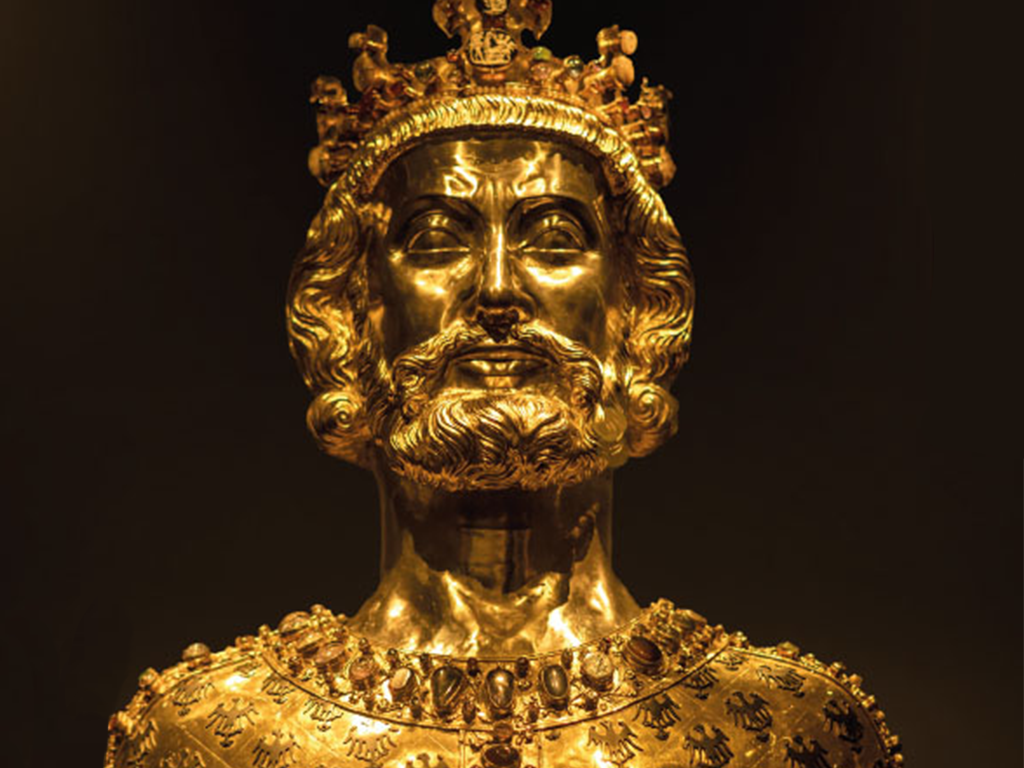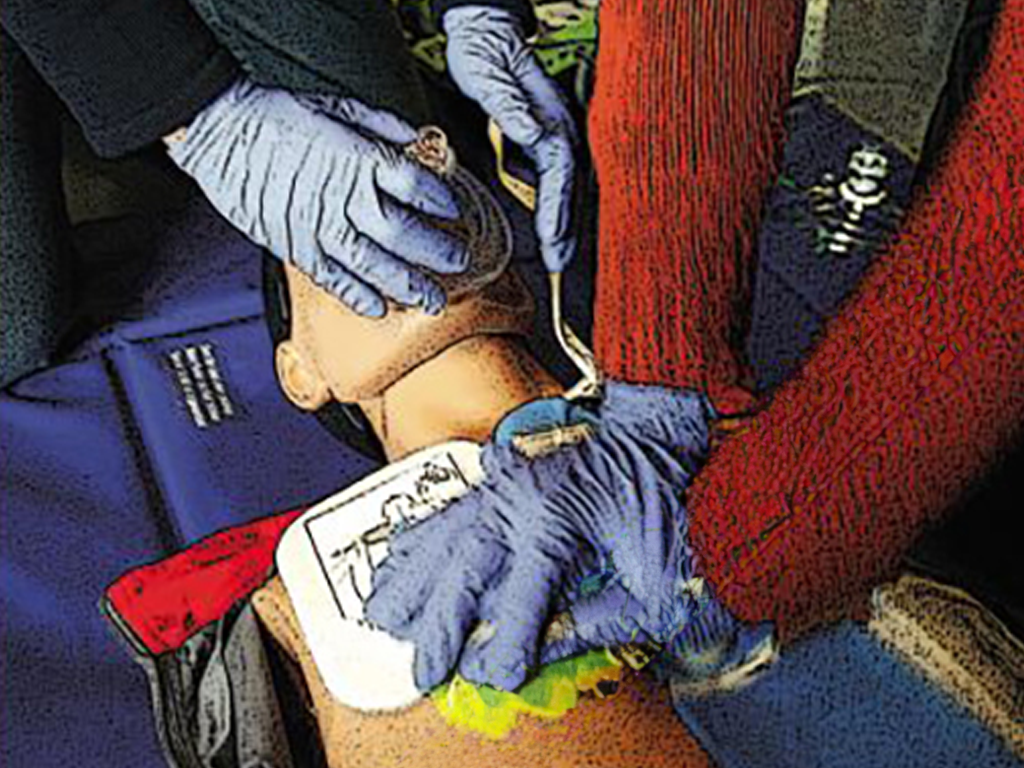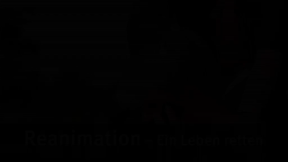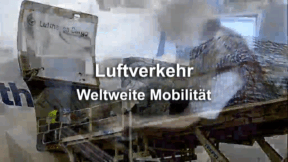 History
History


46500897 / 55500653
Franks
Empire in the Early Middle Ages
The Franks presumably arose from various western Germanic tribes originally living between the Rhine and Weser rivers.
In the beginning, they were not a unified tribe yet but consisted of several bands under their own leaders.
Since the middle of the 3rd century some of them attacked the Imperium Romanum, the large Roman Empire.
In Late Antiquity, the Roman Empire was already weakened by domestic strife and since 395 it was divided into the Eastern Roman Empire and the Western Roman Empire.
While East Rome continued to exist as the Byzantine Empire, the West Germanic tribes contributed to the final fall of the Western Roman Empire in 476 by their conquests during the time of the so-called Great Migration.
Also in the Roman province referred to as Gaul by the Romans, large Germanic tribes established themselves, among them Western Goths, Burgundians and Alemanni as well as Franks, and created their own small realms.


Curriculum-centred and oriented towards educational standards
Matching
Resuscitation
It can happen to anyone – of any age, in any place, at any time. Sudden cardiac arrest may quickly prove fatal. Immediate action is called for! Just remember: Check Call Press Anyone can do it. You can't do anything wrong!
Ceramic
Ceramics are indispensable in our everyday lives. We eat from ceramic plates, drink from ceramic cups, use tiled ceramic bathrooms. But how is ceramic manufactured? The film reveals the secrets of this fascinating material! We get to know more about the beginnings of ceramic in the Old World of Egypt and Mesopotamia, about Greece, China and Rome. We gain interesting insights into the valuable earthenware and are also shown the exquisite further development of the "white gold". Today this versatile material is irreplaceable in industry, too. Whether in space or as an easily compatible substitute in medicine, ceramic is applied in many places.
Air Traffic
Being able to fly has been a dream of humanity from time immemorial. But it does not even date back a century that people actually started being able to travel through the air. Since the 1960s, the number of flight passengers has been constantly increasing. Thus, the airspace is no longer dominated by birds but by man-made flying objects.









